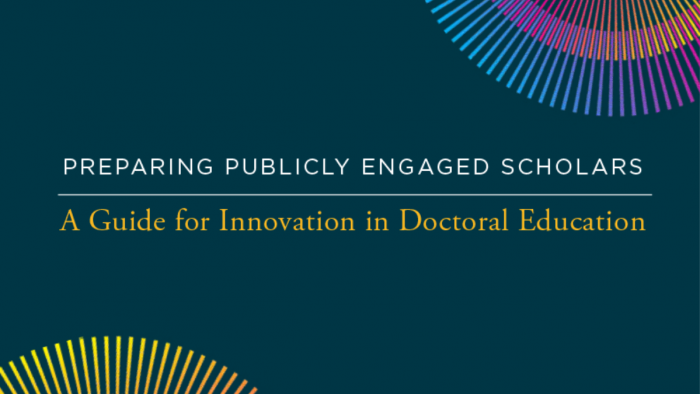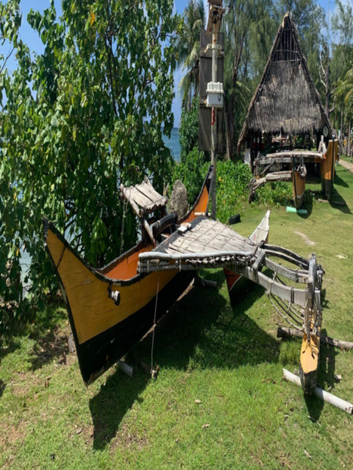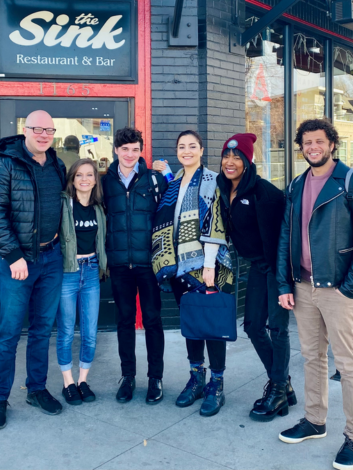

Preparing Publicly Engaged Scholars: A Guide to Innovation in Doctoral Education offers examples of approaches to doctoral education responsive to the diverse aspirations of current and future generations of PhD students. It explores a range of curricular and program innovations, from introducing graduate students to career pathways beyond the academy, to collaborative archival research with community partners, to incorporating land-based pedagogy in connecting and supporting Indigenous students. Below is a brief insight into each of the contributions. Explore the report for more.

